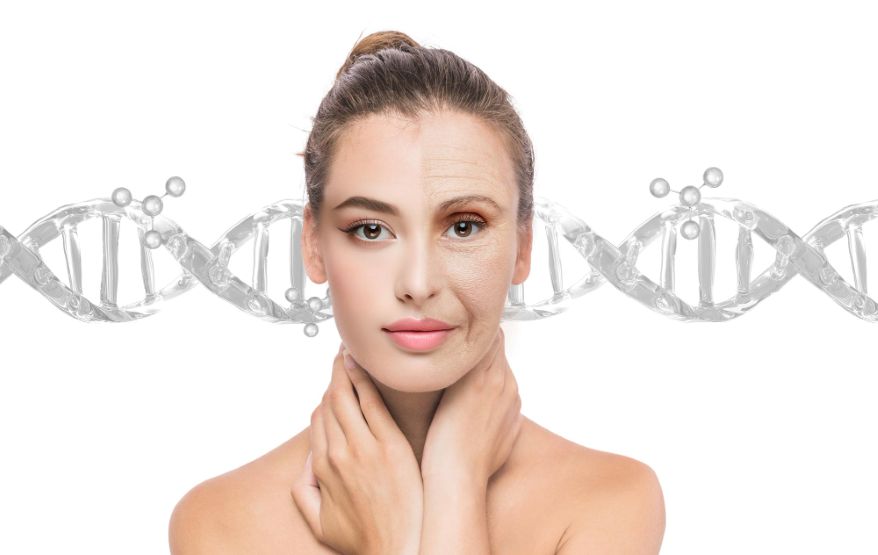The Dangers of Viewing an Eclipse Without Eye Protection
Eclipses are one of the most fascinating and awe-inspiring natural phenomena that occur on our planet. Whether it’s a solar or a lunar eclipse, these events capture attention of people all over the world. However, viewing an it incorrectly can have serious consequences for your eyesight. Let us find what are the dangers of viewing an eclipse without proper eye protection.
What Happens When You View an Eclipse Incorrectly?
When you look directly at the sun during an eclipse, your eyes expose themselves to intense levels of ultraviolet (UV) radiation. This can cause damage to retina, which is the light-sensitive tissue at the back of your eye that is responsible for sending visual signals to your brain.
Most commonly, the danger of viewing an eclipse incorrectly is solar retinopathy.
This occurs when UV radiation damages the cells in your retina, leading to blurred vision, blind spots, and even permanent vision loss.
How to Safely View an Eclipse
The only safe way is by using special solar filters or glasses that are specifically designed for this purpose. These filters block out harmful UV rays and allow you to see the eclipse without damaging your eyes.
Regular sunglasses, no matter how dark they are, are not sufficient protection for viewing an eclipse. They do not block out enough UV radiation and can still cause damage to your eyes.
Remember: never look directly at the sun during an eclipse without proper eye protection.
Editor, ENTECH Magazine
Other Precautions to Take
In addition to using proper eye protection, there are other precautions you can take to safely view an eclipse:
- Do not use a camera, telescope, or binoculars to view the eclipse without a solar filter. These devices can magnify the sun’s rays and cause even more damage to your eyes.
- Do not rely on homemade filters or glasses. Only use ones that have been approved by reputable sources, such as NASA or the American Astronomical Society.
- If you experience any symptoms of eye damage after viewing an eclipse, seek medical attention immediately.
Eclipses are truly amazing events that we can enjoy safely. By following these precautions and using proper eye protection, you can witness the wonder of an eclipse without putting your eyesight at risk. So remember, always protect your eyes when viewing an eclipse and enjoy this incredible natural phenomenon responsibly.
Reference
Solar eclipse and health: https://www.arpansa.gov.au/understanding-radiation/radiation-sources/more-radiation-sources/solar-eclipse
Additionally, to stay updated with the latest developments in STEM research, visit ENTECH Online. Basically, this is our digital magazine for science, technology, engineering, and mathematics. Furthermore, at ENTECH Online, you’ll find a wealth of information.

